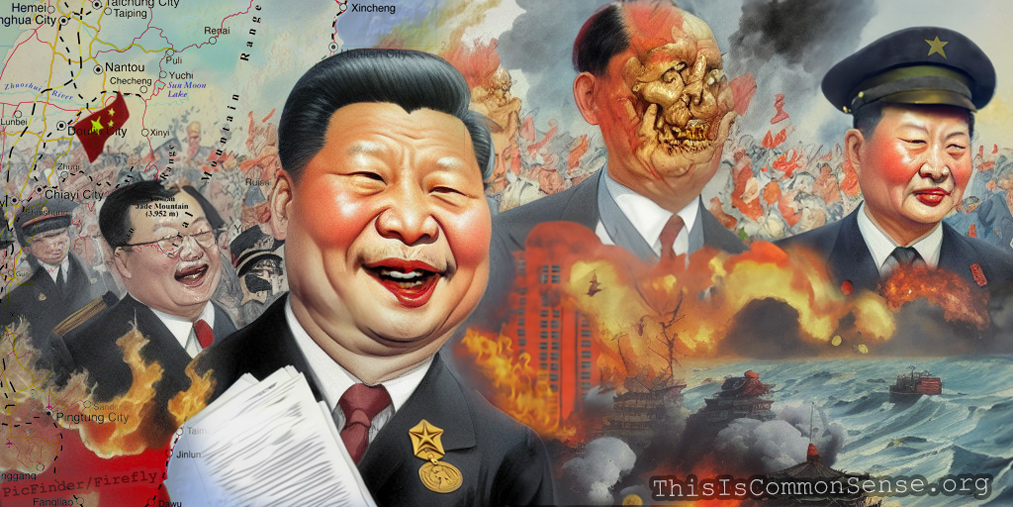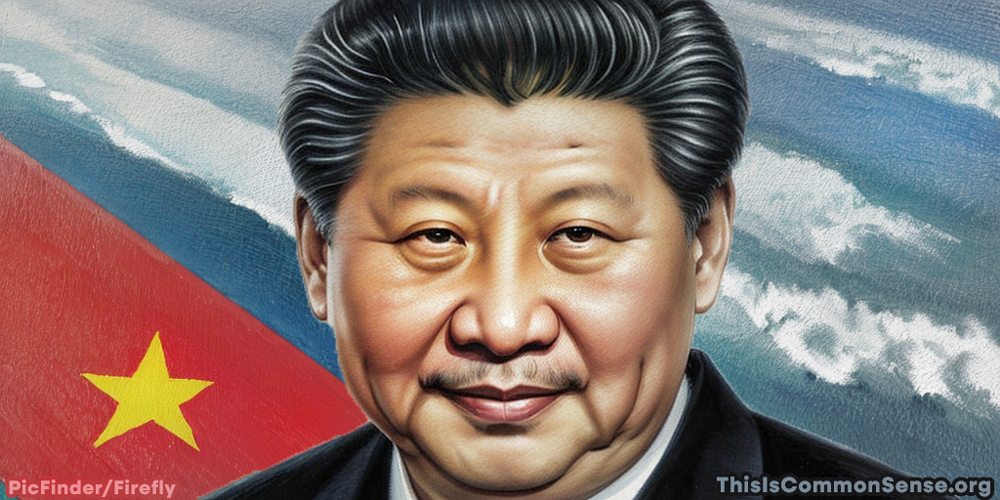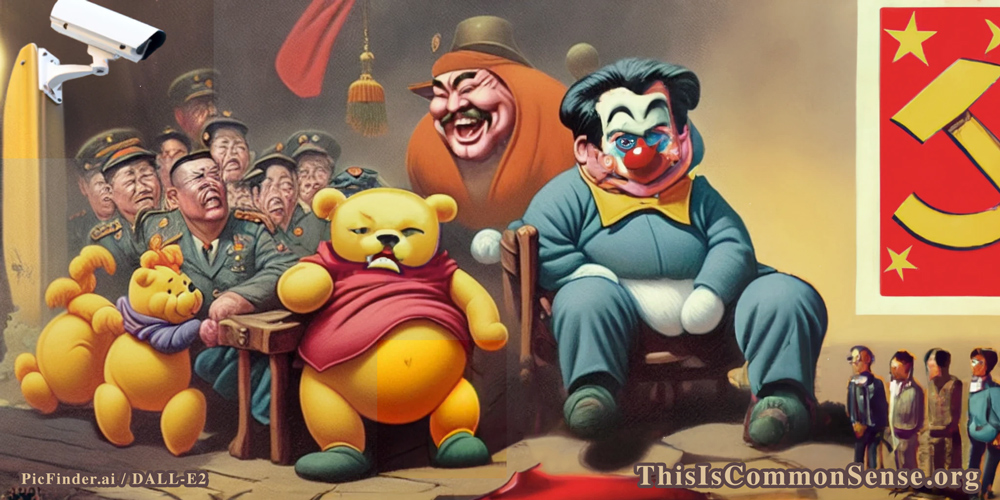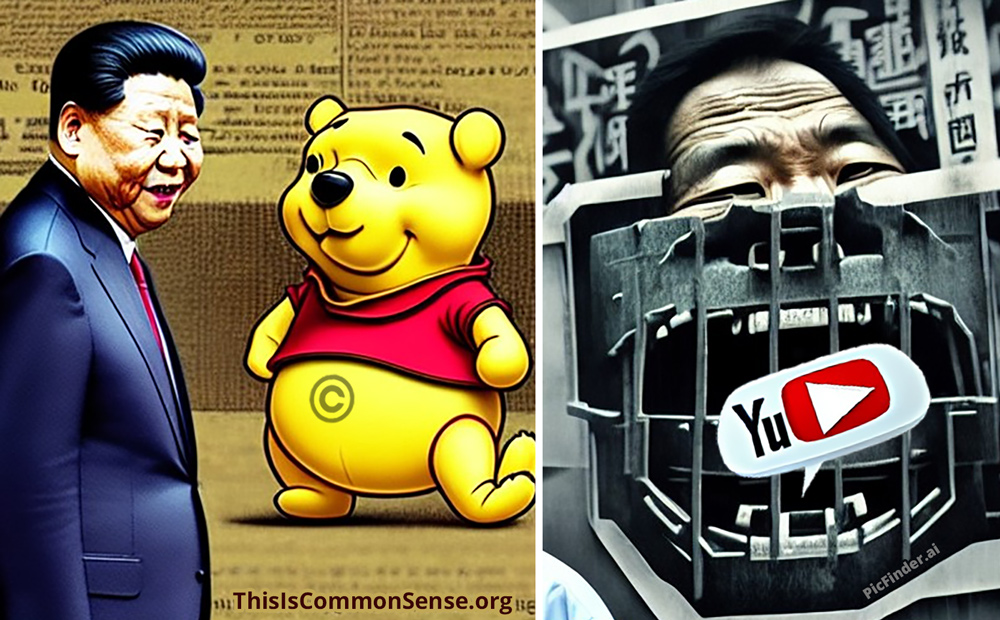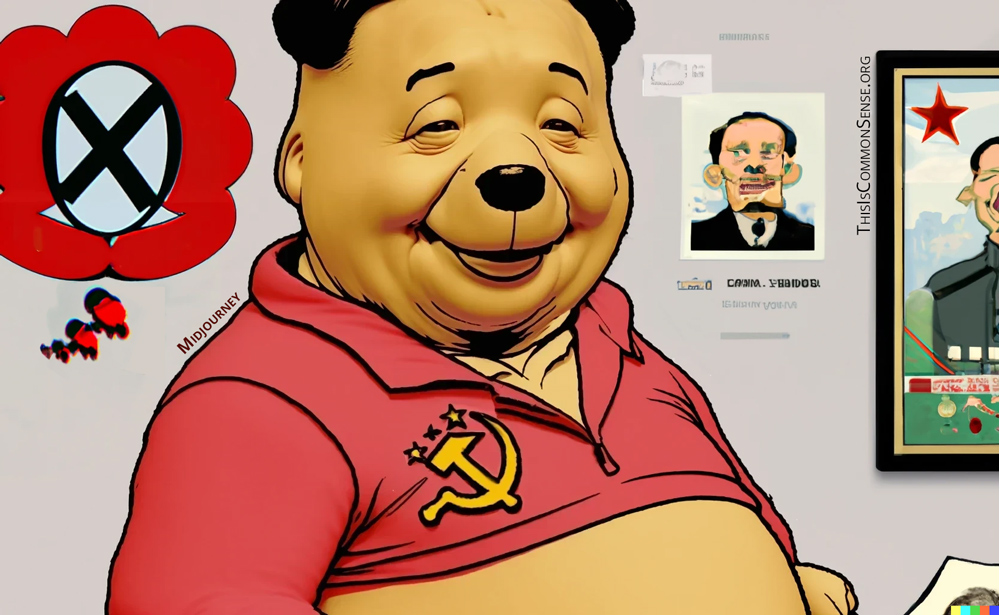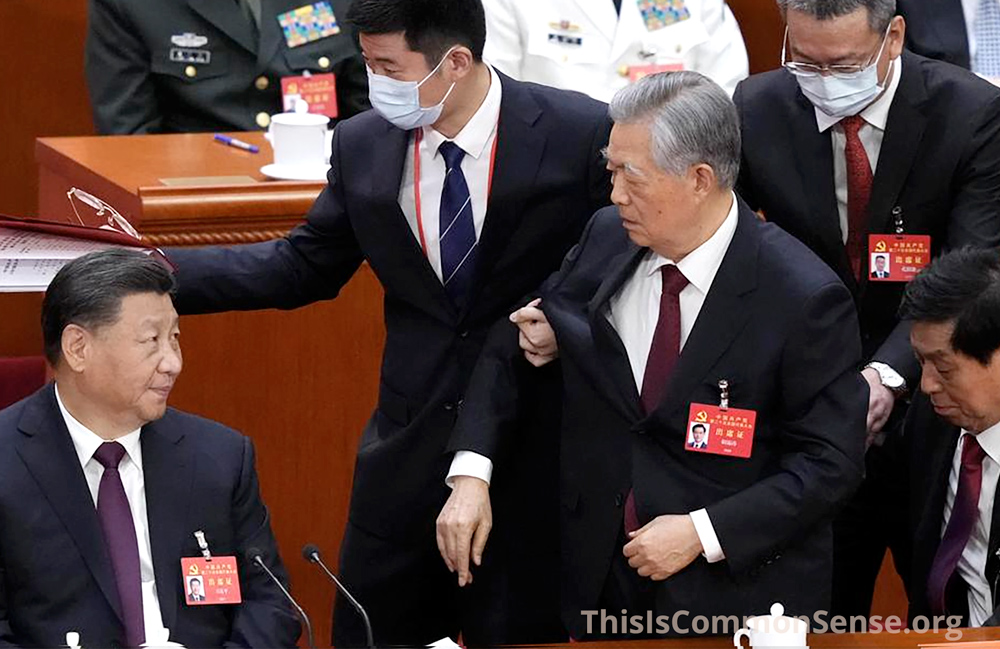“The passengers later told local media they feared for their lives,” Newsweek reported.
Those 23 tourists, along with 11 crew members, were traveling from Taiwan’s Kinmen islands, located just six miles off the Chinese mainland, back to the big island of Taiwan, when a Chinese Coast Guard vessel stopped and boarded their boat . . . and for 30 minutes “reviewed their travel documents.”
The Chinese regime, “in response to the recent deaths of two Chinese fisherman, whose speedboat . . . capsized while being pursued by Taiwanese authorities for allegedly trespassing in restricted waters,” has threatened to “step up maritime law enforcement around Taiwan’s outlying Kinmen islands,” explains
Kuan Bi-ling, head of Taiwan’s Ocean Affairs Council, said the incident “caused unnecessary ‘public panic.’”
A bit dramatic for just checking people’s IDs.
But context is everything.
After all, Chinese dictator Xi Jinping has repeatedly threatened a military invasion that would inevitably kill thousands upon thousands of Taiwanese. And China’s ever-growing military constantly stalks Taiwan, regularly encircling the island with its warships and planes.
The concern of Taiwanese officials is that China’s stepping up its harassment campaign. For 30 years there has been peace around Kinmen, which has become a tourist attraction memorializing Cold War times.
We don’t want to re-live that frosty period, just remember it.
“We urge the PRC [People’s Republic of China] to engage in meaningful dialogue with Taiwan to reduce the risk of miscalculation,” declared a U.S. State Department spokesperson.
But the problem isn’t miscalculation. The Chinese calculate that they can get their way by threatening, bullying, and intimidating Taiwan, their neighbors, the U.S., and the rest of the world.
Panic? Try not to . . . when Chinazis are checking
This is Common Sense. I’m Paul Jacob.
Illustration created with PicFinder and Firefly
—
See all recent commentary
(simplified and organized)
